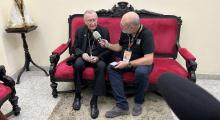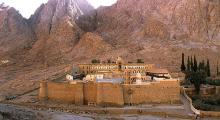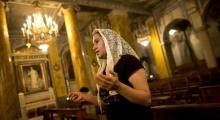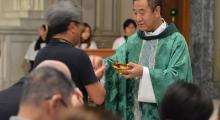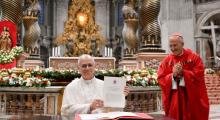Issued by the Catholic Center for Studies and Media - Jordan. Editor-in-chief Fr. Rif'at Bader - موقع أبونا abouna.org
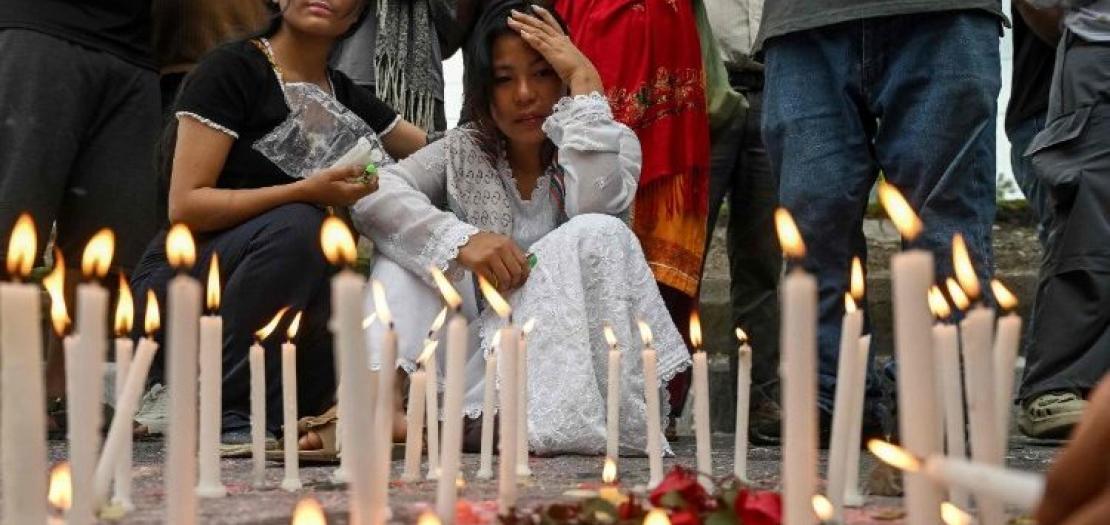
Young people observe the National Day of Mourning in Kathmandu on September 17
In Nepal, following days of protests and unrest, a climate of relative calm has returned. Catholic and public schools have reopened, and daily life is gradually resuming.
Confidence is being placed in the leadership of Prime Minister Sushila Karki, entrusted with guiding the country through a six-month transitional period before new elections next year, according to Fr. Silas Bogati.
Speaking to the Vatican’s Fides news agency, the Apostolic Administrator of the Vicariate of Nepal described the current situation as one of uncertainty and latent tension, but also marked by hope.
“As a Catholic community, we have confidence in Prime Minister Karki,” he said. “In the past, as a lawyer, she defended one of our priests and several religious sisters who had been wrongly accused. We trust that in the months ahead she will uphold the rule of law and the principles of justice.”
Fr. Bogati noted the possibility of further demonstrations organized by political parties. “We hope this will not lead to violence,” he stressed.
At the same time, he pointed to a new development in Nepalese society of the growing voice of young people, the “Generation Z” that has been emerging, driven by a sense of civic responsibility and amplified by social media.
“These young people are sending a strong message, ‘We care,’ showing a deep awareness of their duty towards the progress and development of the nation,” said Fr. Bogati. “This is a positive sign, provided it remains rooted in peace and justice.”
The Apostolic Administrator said the Church’s position is clear. “We say no to all forms of violence, and work for the peaceful development of the society, placing hope in a government able to combat corruption, one of the country’s deepest wounds,” he said.
Fr. Bogati added that the Catholic Church in Nepal consists of around 8,000 faithful in a country of a population of 33 million.
Meanwhile, Nepal observed a national day of mourning on 17 September in memory of those who lost their lives during the protests.
The interim government has declared them “martyrs” and pledged support for their families.
Seventy-two young people were killed in the recent unrest, and hundreds remain in hospital receiving treatment.
Prime Minister Karki has personally visited with several of the wounded, offering a gesture of closeness and signalling her commitment to healing divisions in the country.


